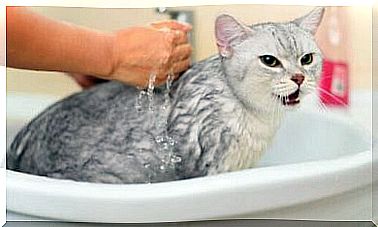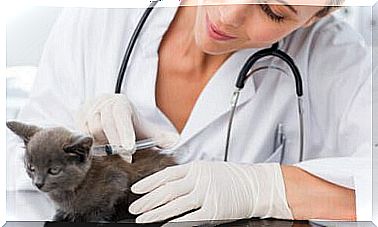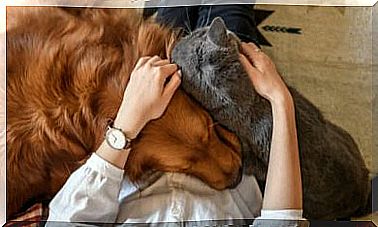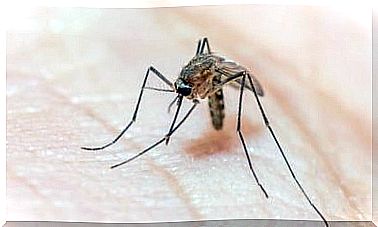How To Treat Canine Urinary Infection
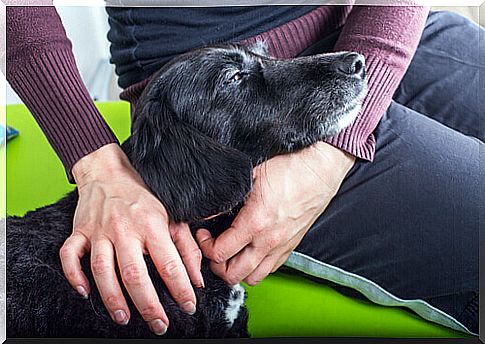
You may have never heard of a canine urinary tract infection, but the truth is that it is a very common ailment that happens continuously. Its symptoms may lead us to believe that our pet simply has behavioral problems.
This may prevent us from giving the matter too much importance, so it is vital that you know the causes, symptoms and treatments of urinary tract infections in dogs.
What is Canine Urinary Infection
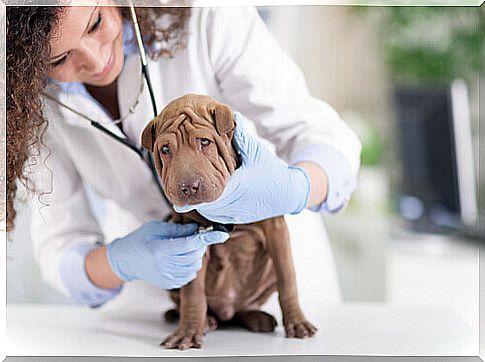
The first thing you have to know is that, as a general rule, it can occur in any dog. However, those dogs that are careless or that live on the street are more likely to suffer it.
Well, the urinary system takes care of eliminating toxins and other wastes that the body doesn’t need. Therefore, when there is not enough urine, these residues can accumulate in the urinary tract, blocking them and causing a urinary infection.
Causes of Canine Urinary Infection
Urinary tract infections can have several causes, such as kidney stones, tumors, excessive moisture and others. It is usually caused in dogs by the bacteria Escherichia coli , although animals can also be affected by fungi and other bacteria.
In the case of dogs, more cases occur in females, as their urethra is shorter and wider, which facilitates the entry of bacteria and parasites. In addition, females urinate much less than males, thus facilitating the obstruction of urinary tracts.
This infection, although it is something common, should not be left out, as it can bleed and cause great problems for the animal. So it is necessary to be well informed about what the symptoms are.
Canine Urinary Infection Symptoms
Recognizing what is happening with our pets is not always easy, as they do not have a means of communication as direct as speech. However, their body and body language always tell us one way or another, hinting at what they may be suffering from.
How to know if our dog has a urinary tract infection? These are some of the symptoms. Pay close attention to your pet:
- Urine that smells worse than usual
- blood in urine
- cloudy urine
- Efforts to urinate, with no results
- little amount of urine
- The dog urinates more than usual
- mild fever
- loss of appetite
- Inflammation of the genitalia
- Repeated licking in the area
- Depression
If you see one or more of these symptoms in your dog, take him to the vet. He will determine if it is an infection using a urine sample. He will prescribe antibiotics, and if the antibiotics don’t work, he will do a test called a urine culture.
The exam consists of introducing a small tube through the urinary tract that will allow a concise identification of what type of fungus or bacteria is causing the infection, and then start the most appropriate treatment.
Home Remedies for Canine Urinary Infection
Well, if you are one of those who prefer home remedies, you can also try some of them, but even so you shouldn’t postpone visiting the vet. Remember that your pet is a living being and deserves the best care.
These are some of the most effective, but if you don’t notice any improvement in a day or two, please go to the vet:

- Increasing the amount of fluids your dog drinks is the best way to clean the urinary tracts and get the animal to expel everything. You can introduce him to the water with a syringe, as it will be difficult for him to drink more than usual.
- Orange juice. Vitamin C will increase the acidity of the urine and help with its expulsion. Do not exceed the amount of this remedy, as an excess of acid can harm your pet’s stomach. Make a small glass of juice and mix it with your hairy’s daily water.
- Apple vinegar. They say that vinegar is the best cleaning product there is, and that goes even for our body. Put a tablespoon of apple cider vinegar in your water three times a day; the vinegar will unclog your dog’s urinary tracts.



